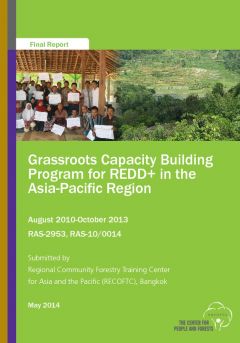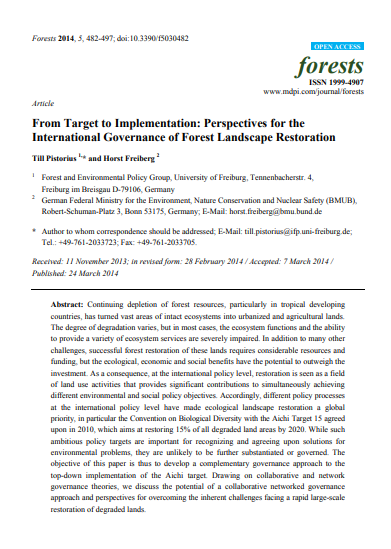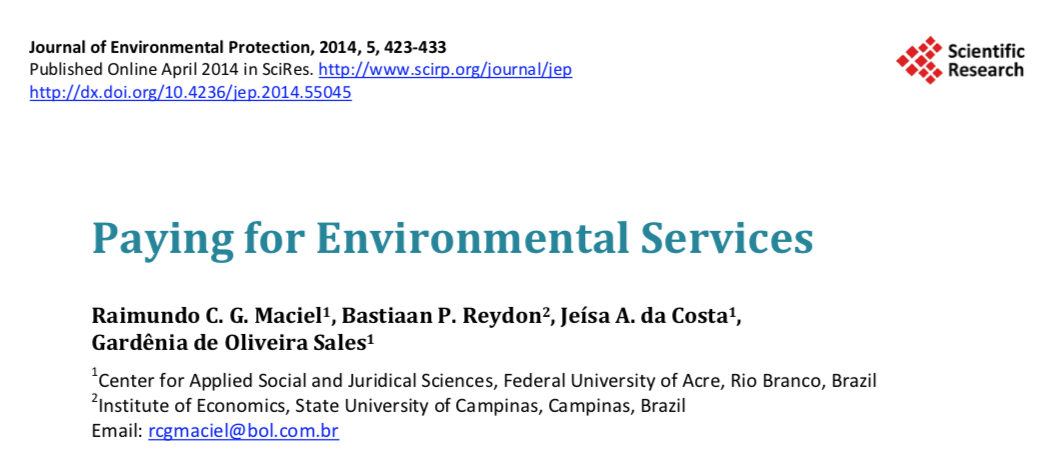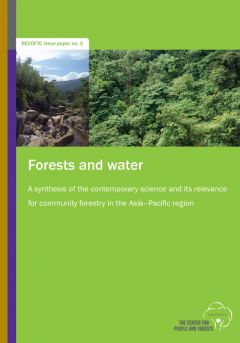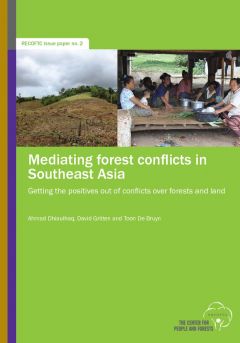Ley N° 5.282 – Ley de libre acceso ciudadano a la información pública y transparencia gubernamental.
La presente Ley establece normas orientadas a garantizar a todas las personas el efectivo ejercicio del derecho al acceso a la información pública, a través de la implementación de las modalidades, plazos, excepciones y sanciones correspondientes, que promuevan la trasparencia del Estado.



